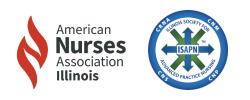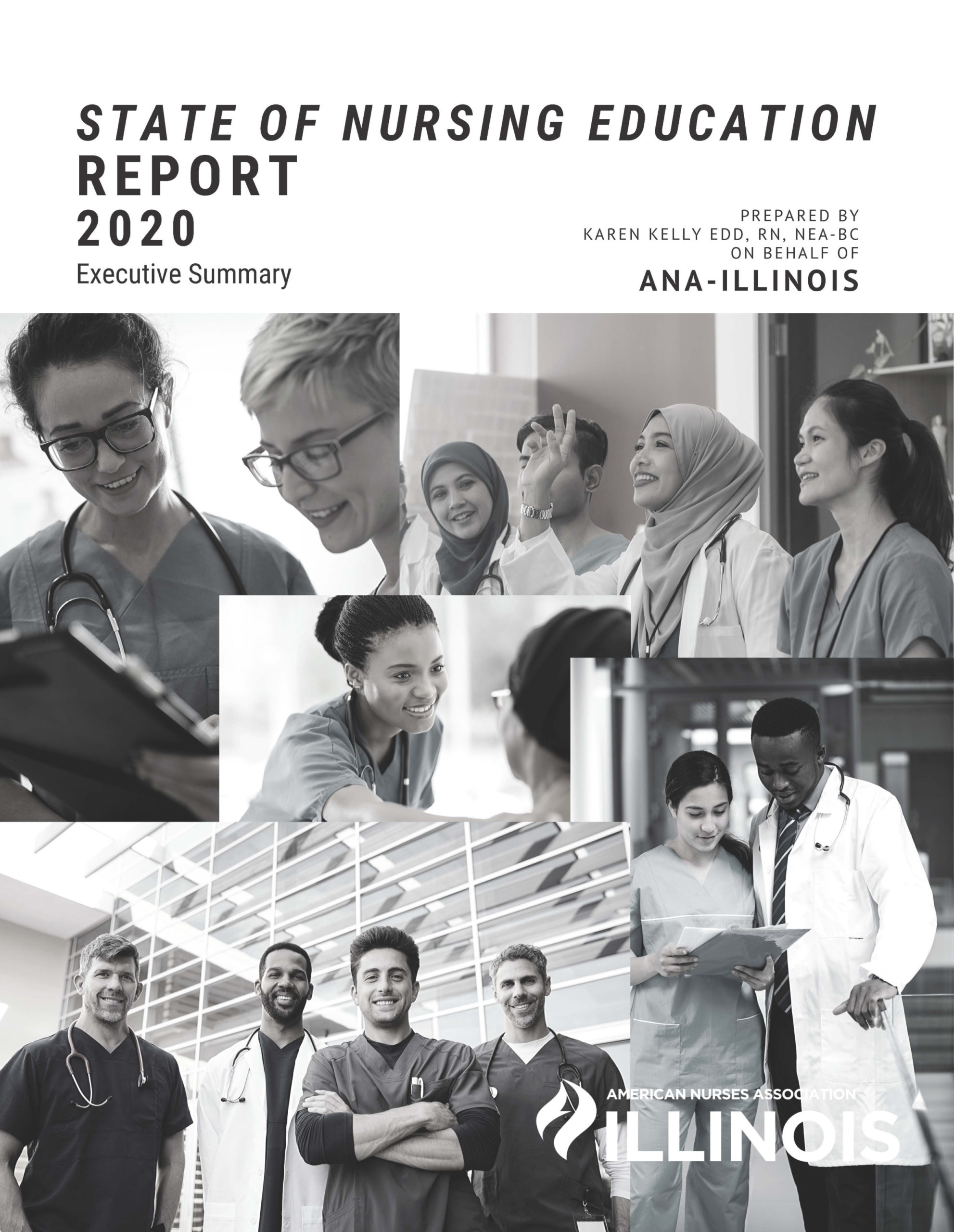Nursing requires the collaboration and support of legislators and other policymakers to help ensure an adequate supply of registered professional nurses to meet the health care needs of the Illinois population.
Initiatives Requiring the Collaboration and Support of the General Assembly:
- Appropriate state funds to:
- Align academic salaries with those of nurses in practice settings with comparable education, experience.
- Provide additional funding to support the work of the Illinois Nursing Workforce Center to ensure timely reports on the status of nursing in Illinois, including strengthening the database available through the Illinois Nursing Workforce Center to identify faculty candidates and vacant faculty positions.
- Establish additional nurse scholarships for both pre-licensure and graduate degrees.
- Provide incentives to hospitals that offer clinical placement sites and provide hospital employees to serve as masters-prepared instructors.
- Establish grants or pilot programs to access to technologies for nursing programs such as simulation centers and electronic portals for clinical placement and faculty hiring, along with training faculty in their use.
- Reinstate appropriations for nurse educator grants given by the Illinois State Board of Education. Grant programs can be used to support and better prepare nurses in their new educator role.
- Offer financial incentive programs to offer scholarships, loan repayment or loan forgiveness, or income tax credits in exchange for a teaching commitment.
- Support improving broadband speed and access throughout the state to increase access for students who prefer an online program format.
- Establish funding for innovation grants that increase retention & diversity in faculty.
- Establish financial and academic support needed to increase and graduate nursing students from underrepresented groups in the nursing
- Continue to partner with nursing organizations to create a long-term, unified strategy between nursing education and workforce planning to assure a nursing workforce that is sufficient in numbers and educational mix to meet our statewide healthcare needs.
- Encourage public and private universities in the state to have formal agreements in place with ADN programs for seamless academic progression of students that include articulation agreements, formal pathways, roadmaps, or collaborative education models supporting seamless progression providing dedicated options to the BSN degree. Support initiatives to assure all ADN programs have agreements in place that provide for academic progression with one or more RN-to-BSN programs with both public and private universities.
- Support amending the Illinois Nurse Practice Act to:
- Allow more MSN, BSN-to-DNP students to teach as nursing faculty interns with mentoring by qualified faculty. (Currently, the Act permits only a 1- year waiver for an MSN student who will be graduating within that year under a faculty variance).
- Increase the use of simulation to fulfill a portion of clinical hours (currently, the Act allows for 25%, but the National Council State Boards of Nursing (2015) recommends up to 50%).


